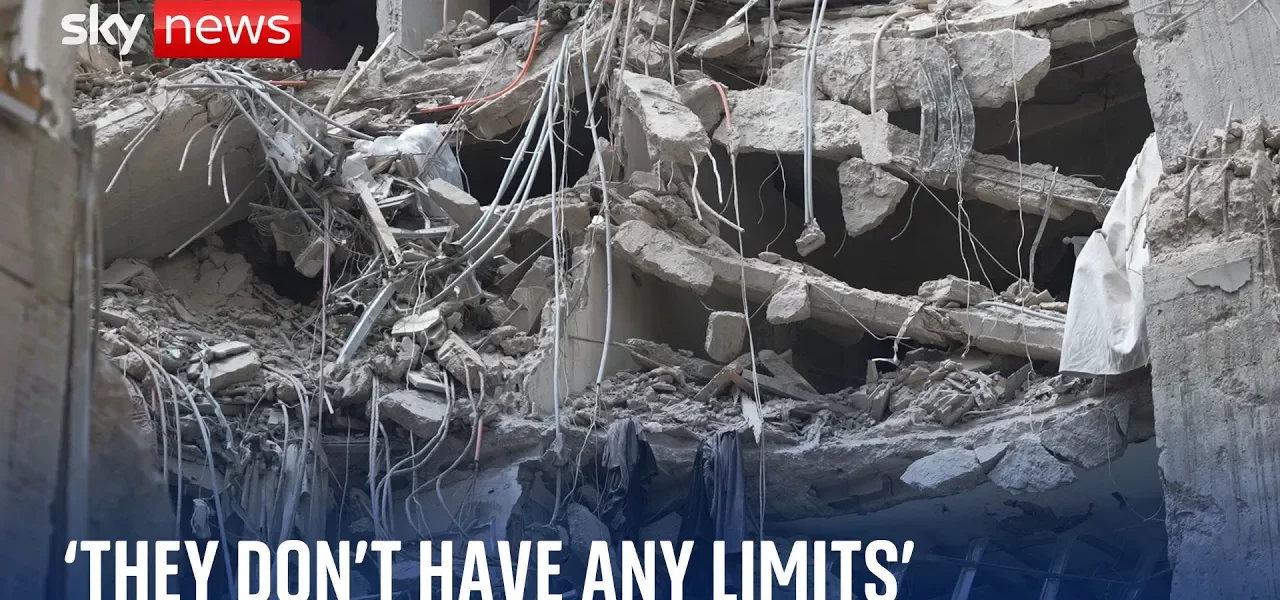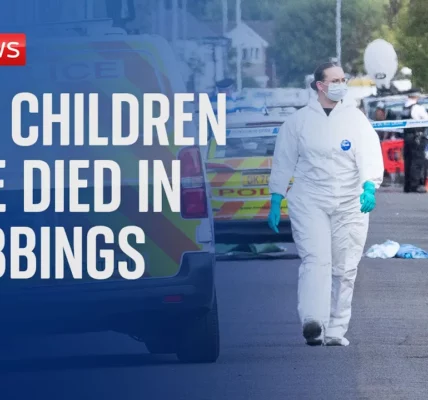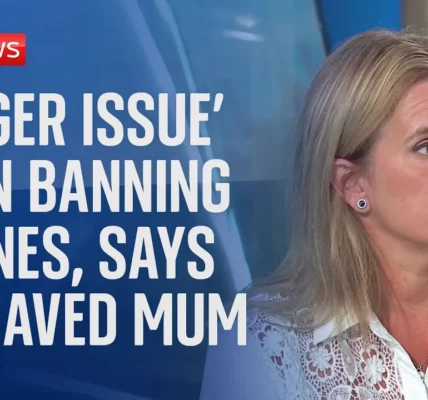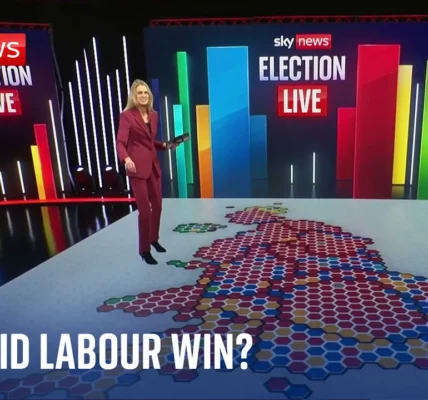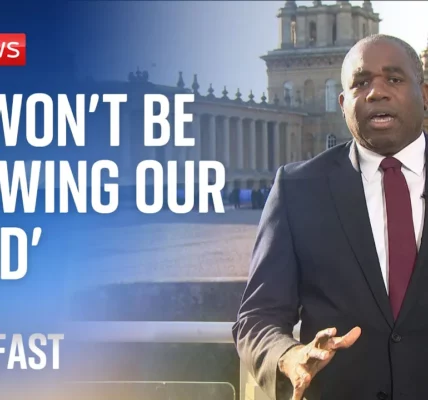Lebanon: The Rising Tensions and Impacts on Hezbollah

This article delves into the escalating tensions in Lebanon, where the drums of war resonate louder with each passing day. We examine the implications of recent military actions, the emotional toll on civilians, and the potential for a broader regional conflict involving Hezbollah and Israel.
Introduction
Lebanon is currently witnessing a surge in conflict and unrest, particularly in the southern suburbs of Beirut, a stronghold for Hezbollah. The recent assassination of Fuad Shuker, a top military commander of Hezbollah, has ignited a wave of anger and calls for retaliation within the community. This article aims to provide a comprehensive overview of the situation, the emotional impact on civilians, and the broader implications for the Middle East.
The Aftermath of the Assassination
The assassination of Fuad Shuker, who was linked to a deadly attack that claimed the lives of twelve children, has intensified the feelings of rage and sorrow among Hezbollah supporters. The airstrike conducted by Israel not only targeted a key military figure but also served as a stark reminder of the ongoing violence in the region.
Civilian Impact
The attack left behind widespread destruction, with civilians like Nora recounting their harrowing experiences. The physical debris of shattered homes mirrors the emotional wreckage felt by families:
- Nora’s home was devastated, yet a portrait of her two brothers, who died fighting Israel, remained intact.
- Survivors express their disbelief and anger at the unexpected nature of such violence.
- The psychological toll on children and families is profound, as they grapple with loss and trauma.
The Role of Hezbollah
Hezbollah’s response to the assassination has been one of indignation and calls for revenge. The organization, which is regarded as a terrorist group by many Western nations, plays a complex role in Lebanon’s political landscape.
Public Sentiment
The sentiments among the Lebanese, particularly in Hezbollah’s strongholds, reflect a desire for retaliation. Many view the airstrike as an act of aggression that demands a response:
- Expressions of anger are common among civilians, with many calling for immediate action against Israel.
- The atmosphere is charged with a mix of pride in past struggles and a yearning for justice.
- Hezbollah’s military capabilities and willingness to act are viewed as critical in the face of Israeli aggression.
Lebanon’s Fragile State
The Lebanese government, while officially in power, struggles to maintain control amidst these rising tensions. The economy is crippled, and the military capabilities of Hezbollah complicate the situation further.
Government Preparedness
The Lebanese government is attempting to prepare for potential escalations in violence, but the resources and stability to do so are lacking:
- Efforts are focused on healthcare logistics, food supplies, and fuel availability.
- Officials express concerns about the ability to absorb attacks without significant civilian casualties.
- The potential for increased aggression from Israel is a constant source of anxiety for the population.
The Risk of Regional Conflict
Analysts warn that the current situation may lead to a wider regional conflict, with Hezbollah poised to make significant moves in response to Israeli actions.
Political Dynamics
Political leaders, including Israel’s Prime Minister Benjamin Netanyahu, are navigating a complex landscape where the threat of war looms larger:
- The desire for a ceasefire appears overshadowed by the necessity to project strength.
- Regional stability is precarious, with all parties aware of the potential for escalation.
Conclusion
The ongoing crisis in Lebanon, exacerbated by the assassination of Fuad Shuker and the subsequent emotional fallout, highlights the fragility of peace in the region. As Hezbollah grapples with calls for retaliation and the Lebanese government struggles to maintain control, the risk of a broader conflict grows ever more tangible. It is essential for both local and international actors to engage in dialogue to prevent further escalation. For those interested in understanding more about the geopolitical dynamics in the Middle East, we invite you to explore our related articles on the implications of regional conflicts and the history of Hezbollah.
“`
